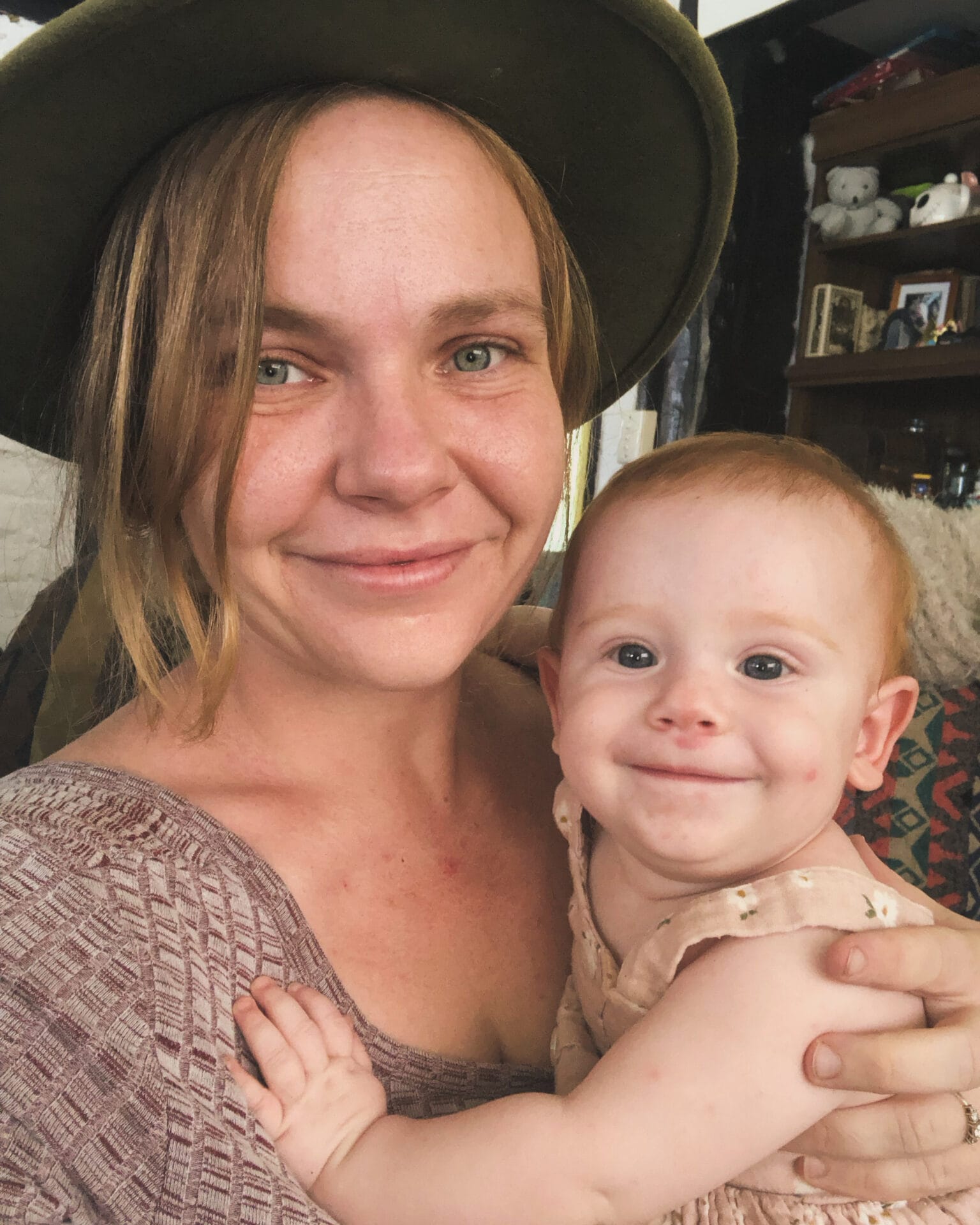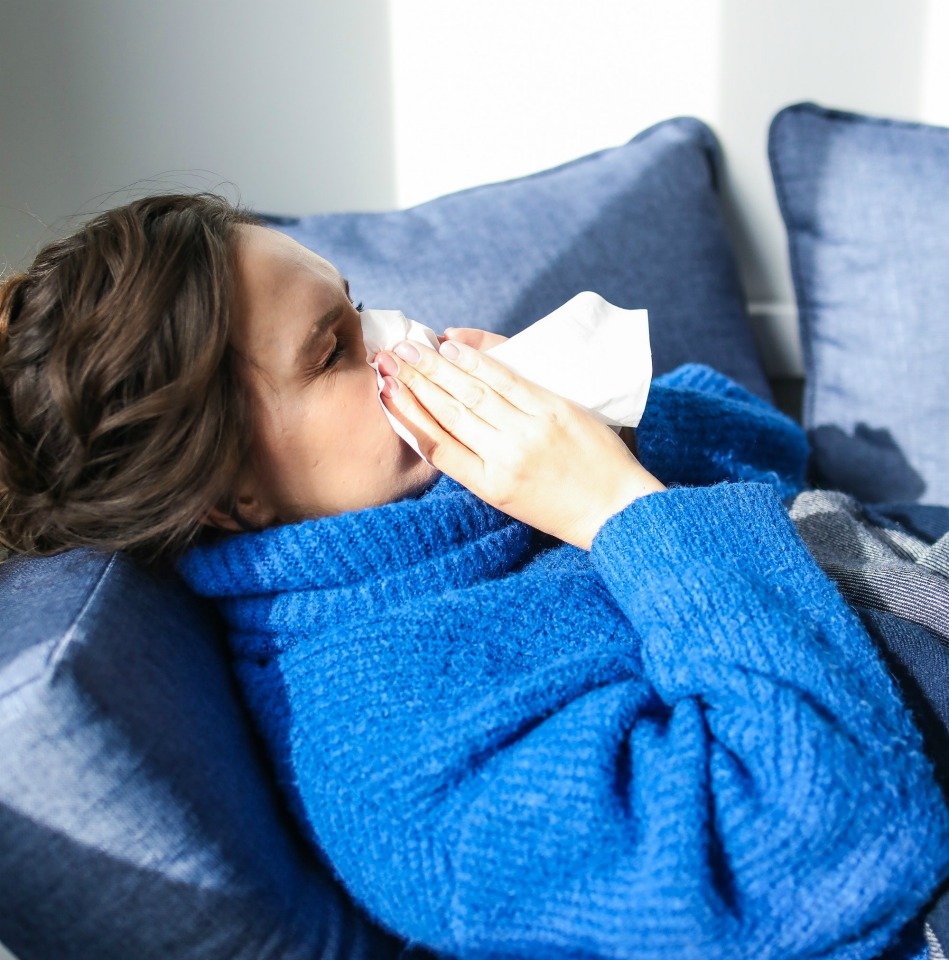Anxiety is passed from mother to daughter, a new study finds
Study has proven that anxiety disorders are passed down from mothers to daughters and fathers to sons.
Medical experts have long suspected that anxiety runs in families.
Now, a new study published in JAMA Network Open has proven that anxiety disorders are passed down from mothers to daughters and fathers to sons.
This has led researchers to believe that children tend to pick up traits and model behaviour after the parent of the same biological sex.
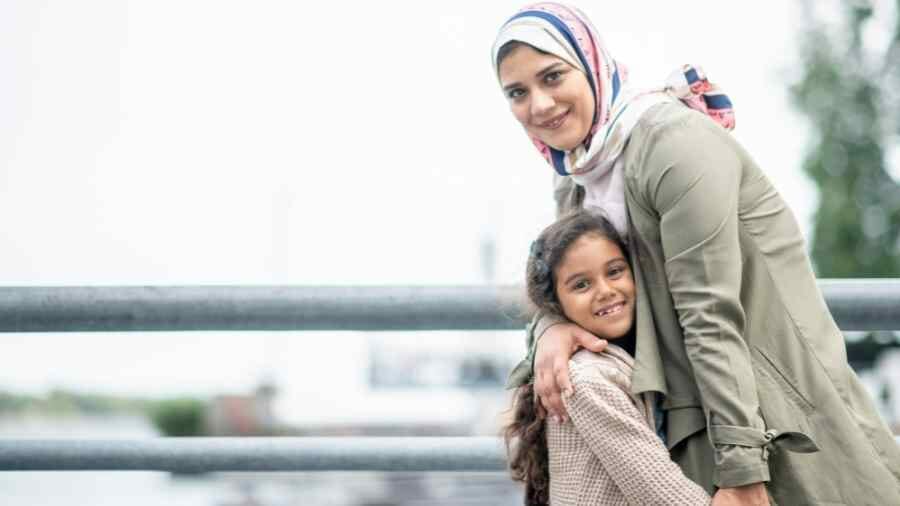
Anxiety appears to be passed down from same-sex parent
As part of the study, 398 children, 221 mums and 237 dads were interviewed by experts. They found that anxiety disorders are often passed from parent to child of the same sex.
What’s more, it appears being in a house with a parent of the same sex who didn’t have any anxiety showed that kids had lower rates of anxiety.
“An anxiety disorder in a same-sex parent but not in an opposite-sex parent was significantly associated with a lifetime diagnosis of any anxiety disorders in offspring,” the study authors wrote.
“An association between the same-sex parent’s anxiety disorder and anxiety disorders in offspring suggests an environmental mechanism, such as modelling.”
Overall, it seems having an opposite-sex parent without anxiety was not protective in the same way as having a same-sex parent without the condition.
Previous studies have shown that anxiety can be a learned behaviour that children pick up from their parents.
Recognising anxiety in children and how to manage it
It is a fairly common occurrence for children to suffer some amount of anxiety. After all, children are constantly facing changing environments and new experiences and are out of their comfort zones.
However, it is estimated that up to 22 per cent of children will suffer anxiety more intensely than your average child.
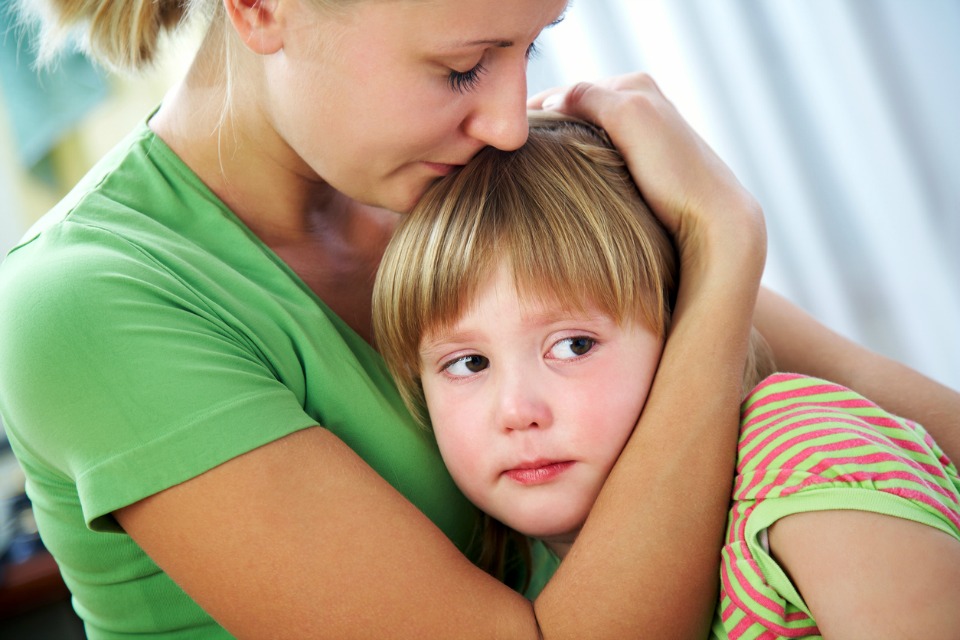
It’s important to be able to recognise when anxiety becomes so significant that it begins to impact the child’s academic, social and family life.
To be able to assist our children, we must first be able to understand exactly what anxiety is. It’s a feeling of nervousness, worry or unease regarding everyday occurrences, in simple terms.
Signs that your child may be suffering from anxiety:
- Nervous behaviour – nail biting, hair twirling, sucking (on clothes, hair etc.)
- Physical complaints – sore tummy, tiredness, sore head
- Regression – bedwetting
- Withdrawal – avoiding relationships with siblings, parents and friends
- Emotional – crying at seemingly no reason
- Fear – feeling like they will be laughed at or disliked
- Sleep disruptions – difficulty sleeping, interruptions to sleep
- Unusual behaviours – anything that you notice is out of the ordinary
The 3 main types of anxiety in children
Just like in adults, there are varieties of anxiety in children. Below are the three main categories.
1. Separation
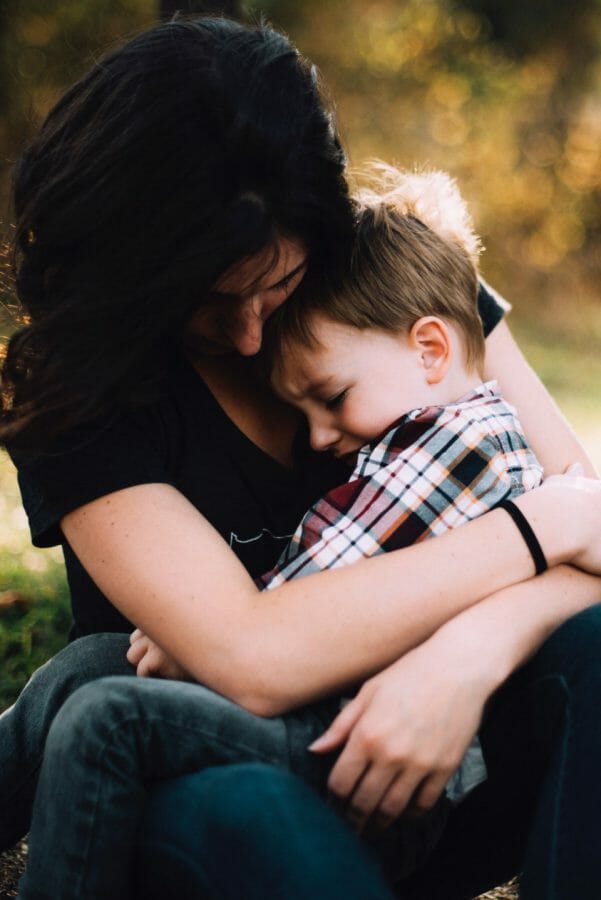
While separation is developmentally appropriate for children up to two years, for older children, it can become debilitating.
Often they are worried that something bad will happen to their loved ones while they are apart. Children who suffer separation anxiety often attempt to skip school with illness. School camps and sleepovers have become a major problem.
2. Social
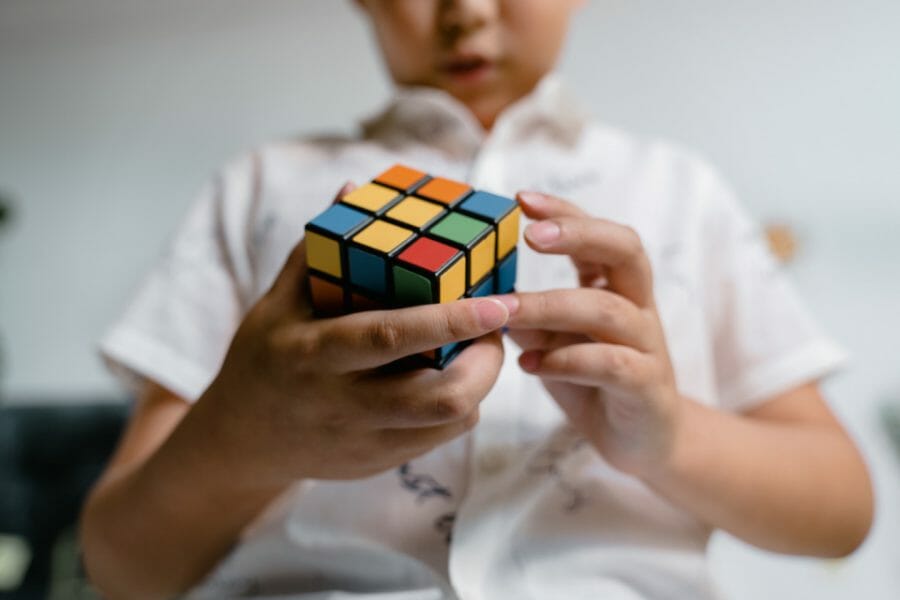
The child has an extreme shyness or fear of being seen by their peers in a negative light. They tend to avoid social interactions such as speaking in front of their class, talking to new people and attending events. Often with limited friends, they are self-conscious and are afraid of being laughed at.
3. General
This is when a child has excessive and persistent worries about everyday occurrences. Things such as how popular they are or is their school work is good enough. They’re often lacking self-confidence and feel the need to get everything perfect. They require a lot of assurance.
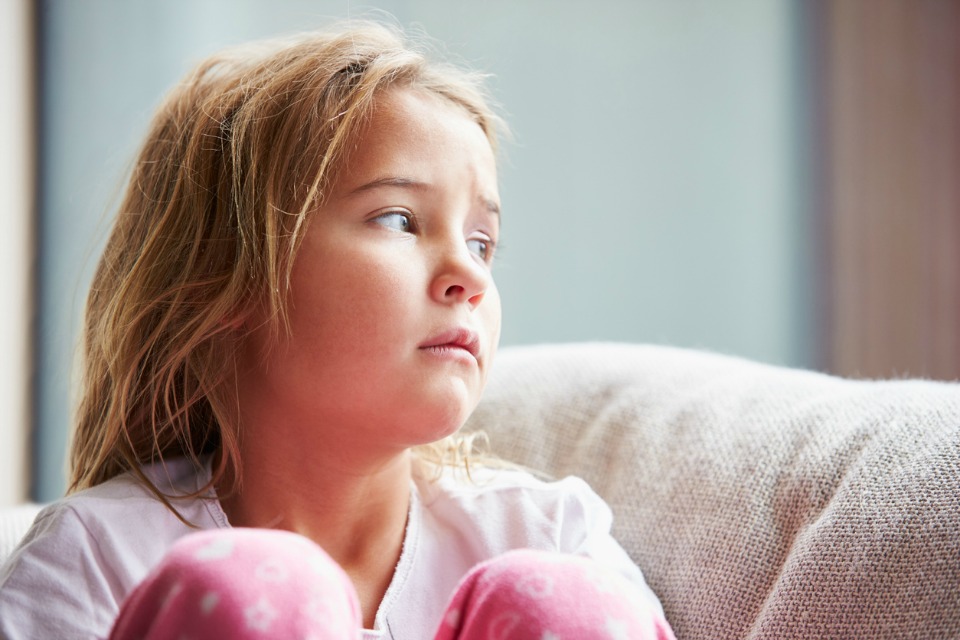
How to help manage anxiety in children
1. Do not avoid triggers
The goal is not to completely eliminate anxiety but to help your child manage it. By avoiding all triggers, our children do not learn how to tolerate their anxiety.
It is important that we help them to function with these feelings. This way, the anxiety will begin to fall away on its own.
2. Respect how they feel
Try not to disregard their worries. Respect their feelings and help to set realistic expectations. Rather than promise your child that they won’t fail, instil in them the confidence that even if they do fail, they will be okay.
3. Try not to prompt feelings
Allow your child to communicate their feelings to you without asking leading questions. Ensure you ask open-ended questions.
For example, rather than ask, ‘are you nervous about your first day of school?’ ask ‘how are you feeling about your first day of school?’
4. Do not reinforce emotions
Sometimes our body language and reactions to situations can reinforce our child’s emotions. Try to be weary of how you respond.
If your child sees you become upset about leaving them at school, then he will begin to feel his own worries arise.
5. Lead by example
The more your child is witness to how you respond in an anxious situation, the more they learn how to cope with their own.
If you are worried that anxiety is affecting your child’s ability to live to the fullest, we suggest speaking with your doctor.
Maybe you’re trying to parent a highly sensitive child? If so, we suggest you read this post.
The Healthy Kids Smoothie
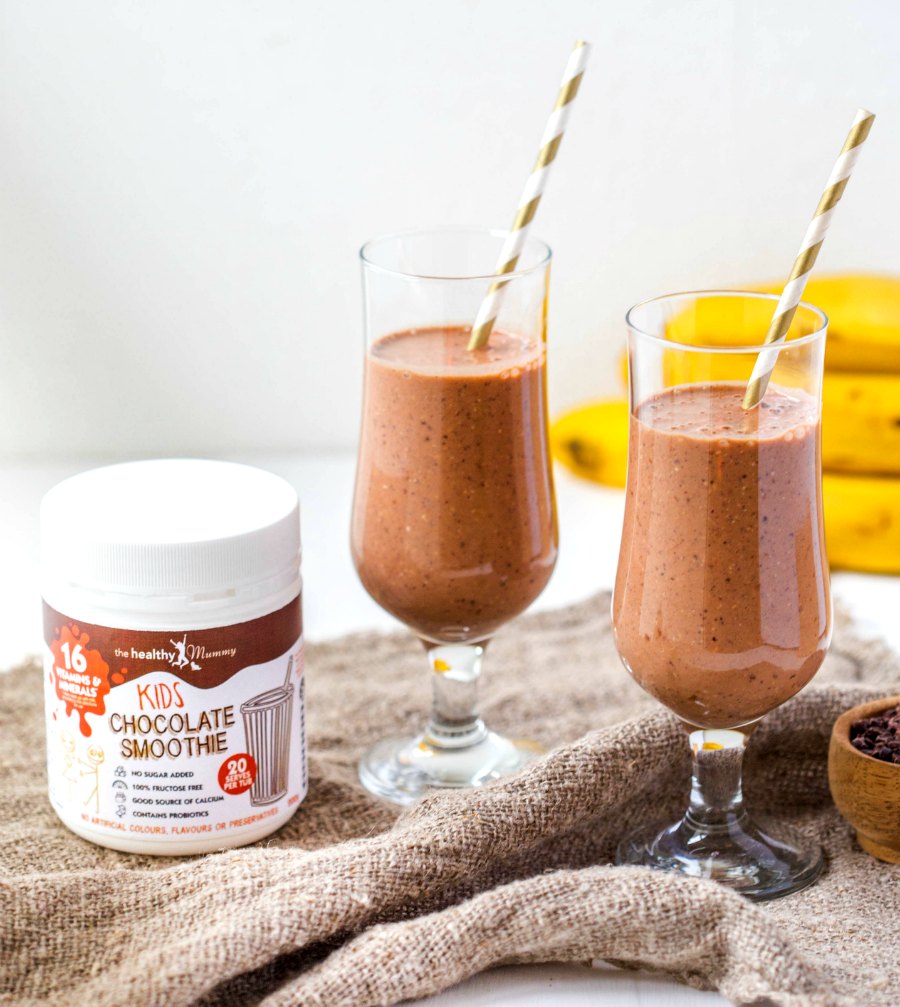
The Healthy Kids Smoothie has been specially made as a healthy snack for kids and is ideal if you have fussy eaters or want to ensure your children have a nutritious and healthy smoothie snack. It also has a 4.5 Health Star Rating when made with skim milk. Plus, it contains NO added sugars.
The sugar content in The Healthy Kids Smoothie is from NATURAL sugars from the lactose in the milk and is FREE from added sugars. WHO recommend aiming for 5% added sugars in the diet, and this product provides NO added sugar
- The Healthy Mummy Kids Smoothie is rich in carbohydrates and protein and is a natural energy-packed smoothie made for kids.
- It contains 16 essential vitamins and minerals and, when combined with milk, provides children with 50% of their Calcium RDI.
- It also contains probiotics needed for healthy guts and is free from fructose.
GET YOUR HEALTHY KIDS SMOOTHIE TUB HERE!

